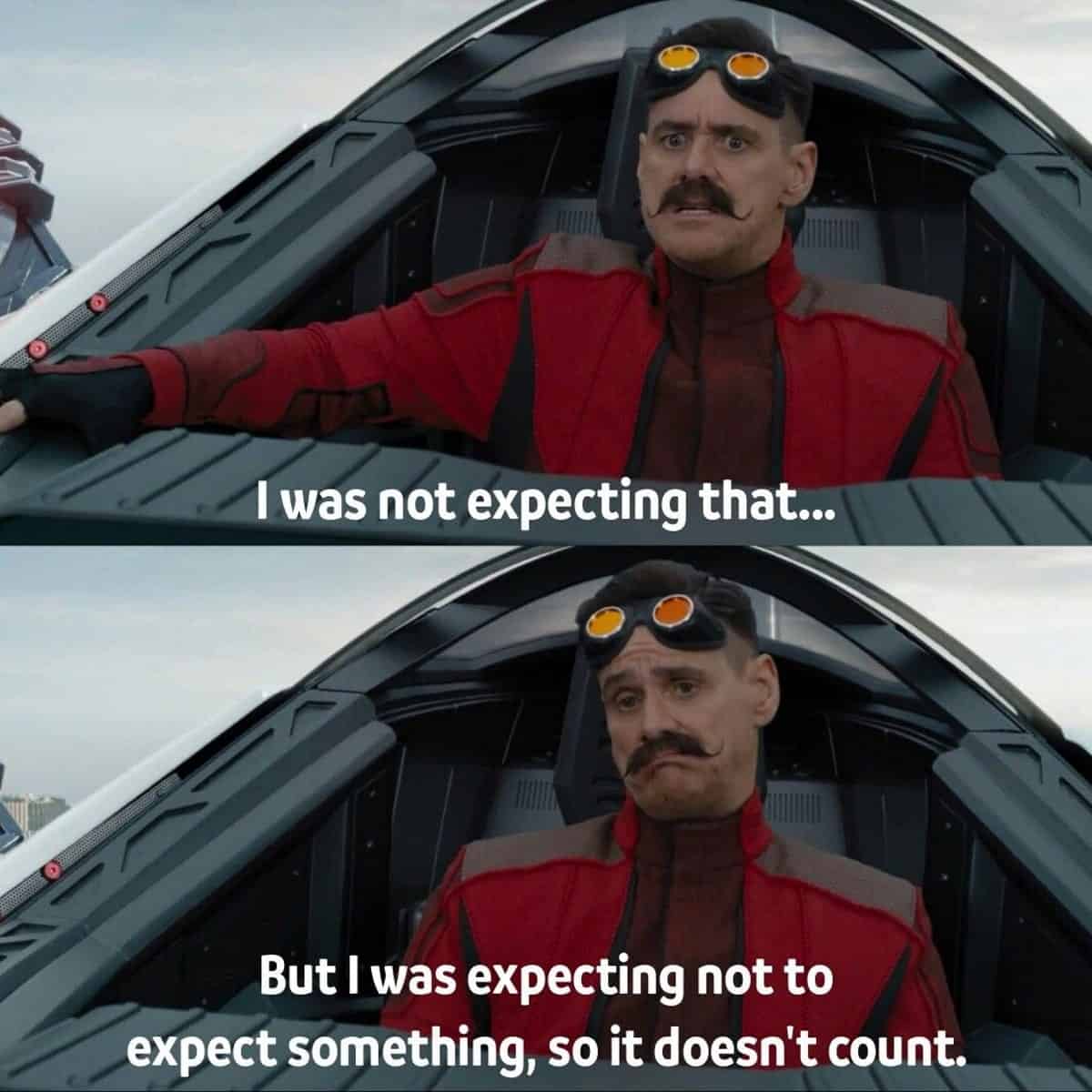
Masks, lockdowns, social distancing – the pandemic has changed society down to it’s bones.
Unsurprisingly, many people have turned to eCommerce or freelancing as a side project.
But trying new things and setting new goals is difficult in the best of times. How are we meant to do it in a time of total uncertainty?
But you can. It’s all about changing your goal-planning approach.
Today, I’ll show you how to set short and long-term goals. We’ll move away from fixed roadmaps, and towards a more flexible pursuit of your top priorities.
It might sound kind of far-fetched, but let me explain. Ready?

The first thing you have to do when setting goals in uncertain times is identifying which goals are big, but realistic for you.
The more control you have over the goal, the less likely you are to encounter any setbacks.
BAD GOAL
Goals shouldn’t be too lofty like earn 6 digits in the first year of working from home.
BETTER GOAL
Something more realistic, like earning a comfortable income during the first year, based on some numbers you’ve crunched.
The trick is to not bite off much more than you can chew. That way, you can keep up your motivation.
If you’re struggling to decide on your goals, or there’s too many to pick from, try to narrow it down to a couple of broad goals while considering practical factors such as time, cost and value.
Of course don’t forget to keep your happiness in mind while narrowing down your goals. During difficult times; if a goal isn’t personally fulfilling or enjoyable, it’s going to be even harder to be motivated to follow through.
Once you’ve figured out your goals or at least roughly what you want to do next, you can plan your next steps from there. It makes it even easier and more manageable to break these goals into smaller parts.
Let’s say you’ve decided to start freelancing to earn extra income. You’ll have to break it up into parts such as setting up your portfolio, joining freelance communities, finding your first client, etc.
By creating mini milestones, you’re able to do it systematically, stay focused and continue making tangible progress amidst the uncertainty.
Other than short term goals, mini milestones can also be short-notice goals, which are very helpful during these stressful times.
Despite how similar they sound, they’re very different concepts.
If you work in a field that is heavily affected by lockdowns and social distancing requirements, it may make more sense for you to only create goals that are 2 weeks to a month in advance, since regulations are constantly changing.
For example, if your goal is to do freelance photography or food catering, you’ll need to strategize your gameplan around your environmental limitations.
This is also applicable for those of you who are parents, as you don’t know when you’ll be able to access childcare or in-person schooling again.
However, if your field and personal responsibilities are minimally impacted by policy changes, such as if you’re a bachelor(ette) that is freelance writing, then you can create longer planned goals. If that’s your situation, periodic goals such as monthly or quarterly goals can be a great way to give yourself tangible progress through milestones even during stressful times.
Overall, the general rule of thumb to create and hit goals more efficiently during times like these is to make it short.
If it’s longer than a few weeks, then revisit it every week to adjust the scope and set new deadlines as the environment evolves.

Unexpected problems will be inevitable for the foreseeable future, which means you’ll more than likely miss deadlines here and there.
Sometimes, you’re compelled to have a sudden change in plans because of sudden curveballs life chucks your way.
To minimize the impact this has on your future success, you must approach your goals with Murphy’s law in mind.
There are a few ways you can do this.
By setting goals where you half-expect unexpected circumstances, you won’t be blindsided when it does happen. It’s in line with cultivating a ‘growth mindset’, which we’ve written an interesting guide to.
You won’t be derailed with the times. You can, instead, keep progressing forwards, despite the uncertainty.
Planning for long-term goals MAY seem impossible because you don’t know what’s going to happen tomorrow, let alone a month from now. Will the world end? Will they discover a cure?
However, you shouldn’t let the uncertainty put your growth on hold.
More often than not, whichever long-term goal you’re interested in will require new skills and knowledge.
While you’re figuring out the right time to fully proceed ahead, you might want to build up your foundation by utilizing this time to learn and absorb any relevant knowledge.
For example, if you’re serious about becoming a freelancer, there’s more to the career than just programming, designing or writing. It’s learning about managing finances, scalability, creating legally binding contracts, project management, etc (we’ve written about plenty of these things on the Bitcatcha blog – also consider signing up for our newsletter!)
When you’ve built your portfolio and created an account on a freelance marketplace, you’ll still be waiting for clients. Why not use your free time as an opportunity to learn?
If you’re filling idle time with this pursuit of knowledge, you’ll be free of the usual pressures of time. You can hunt for information based on your curiosity.
Along the way, you might even discover a new direction to pursue, or realize that you’re no longer interested in a goal at all.
It’s great to figure out that now before you really invest your time and finance into a long-term endeavor.
When it comes to setting career goals and sticking to them, especially during trying times, there are a few practices that help you out.
If you’re always learning, you’re always growing and moving forwards. Pandemic be damned.
Best of luck!
David is a content creator and freelancer. His journey started with writing songs, poetry and academic dissertations in Vancouver. David has freelanced for multiple companies around the world. Feel free to connect with him on LinkedIn.